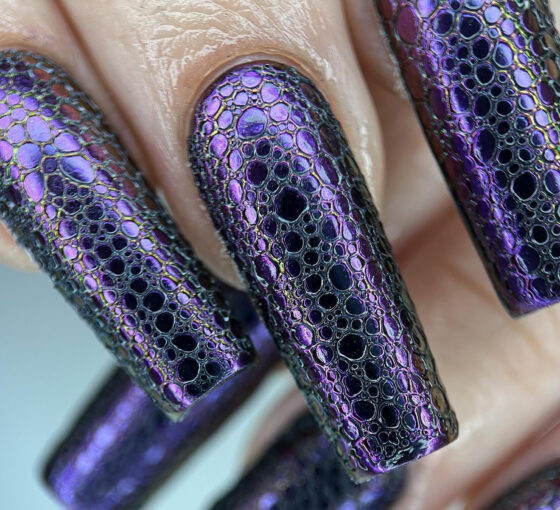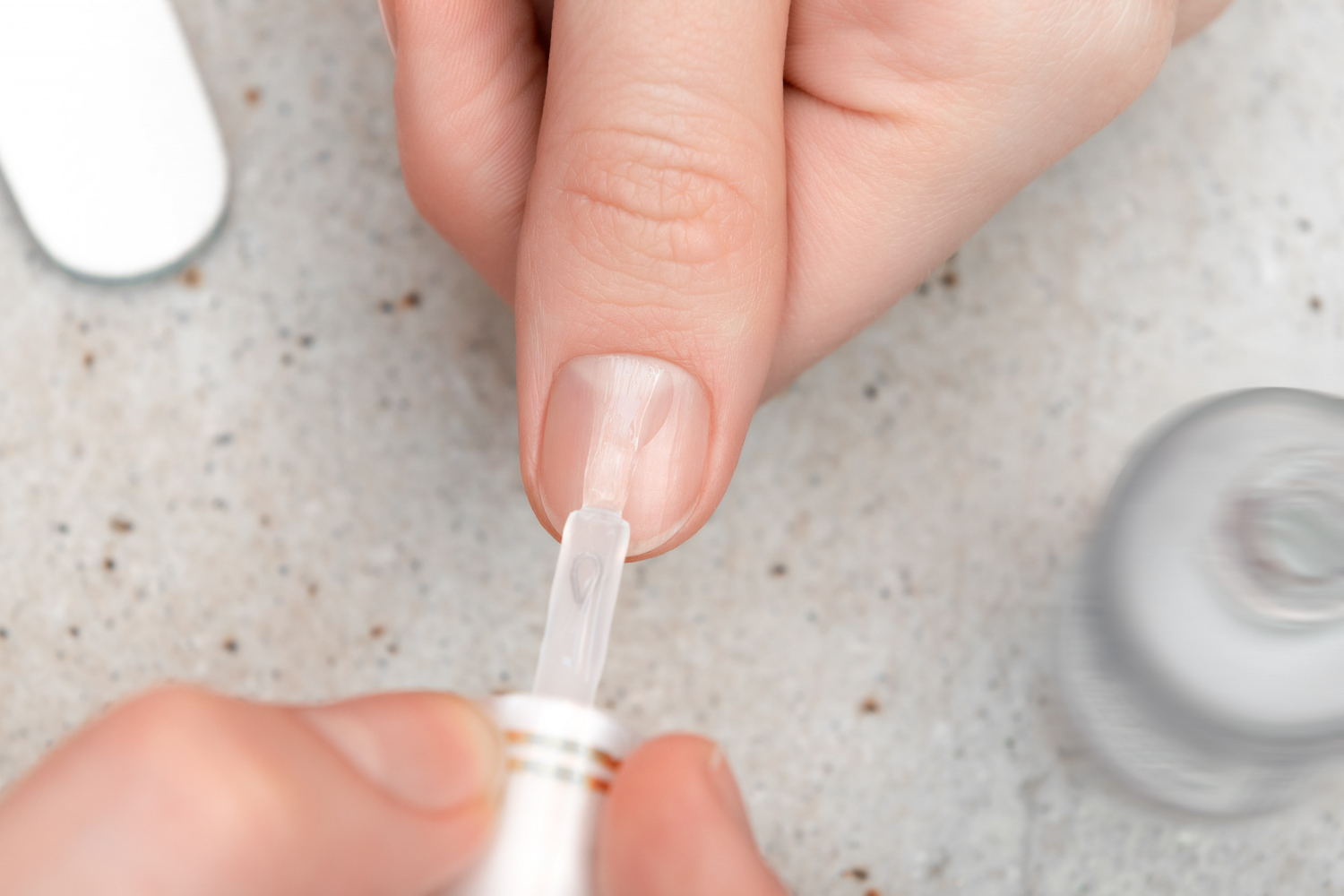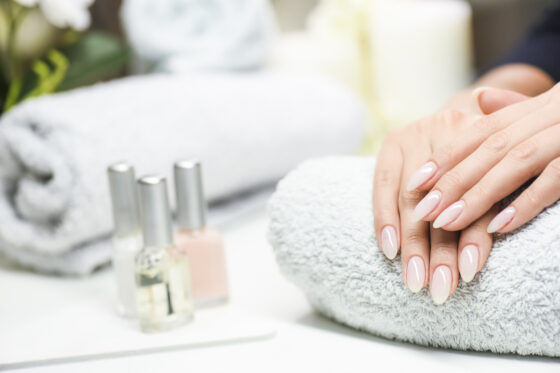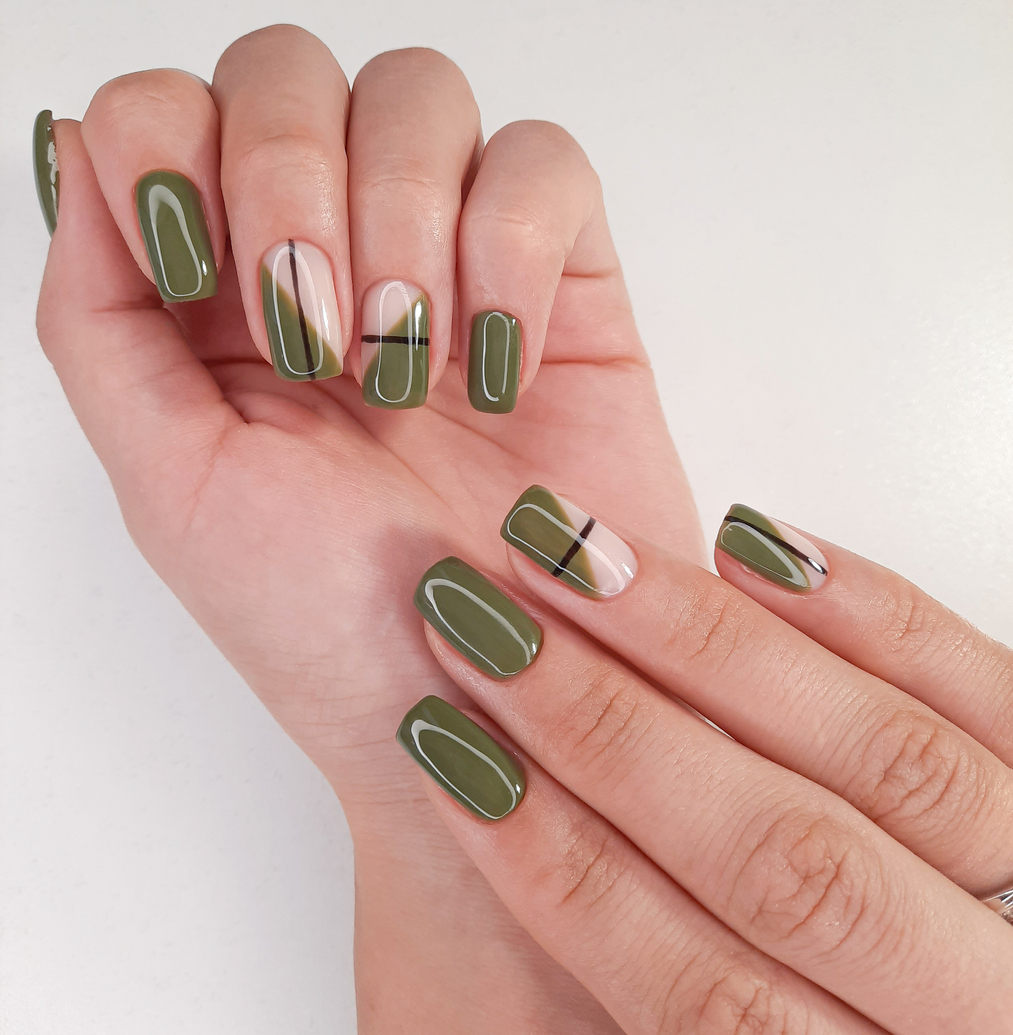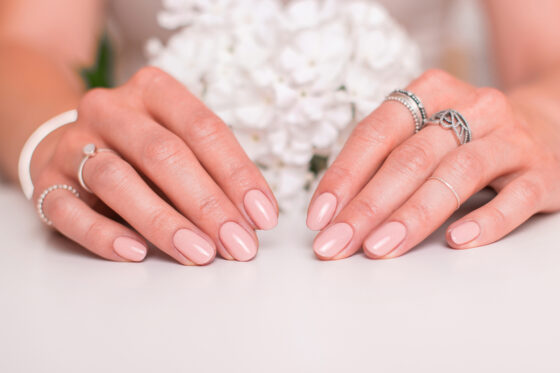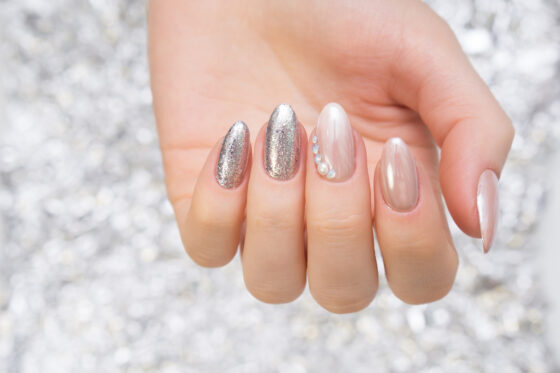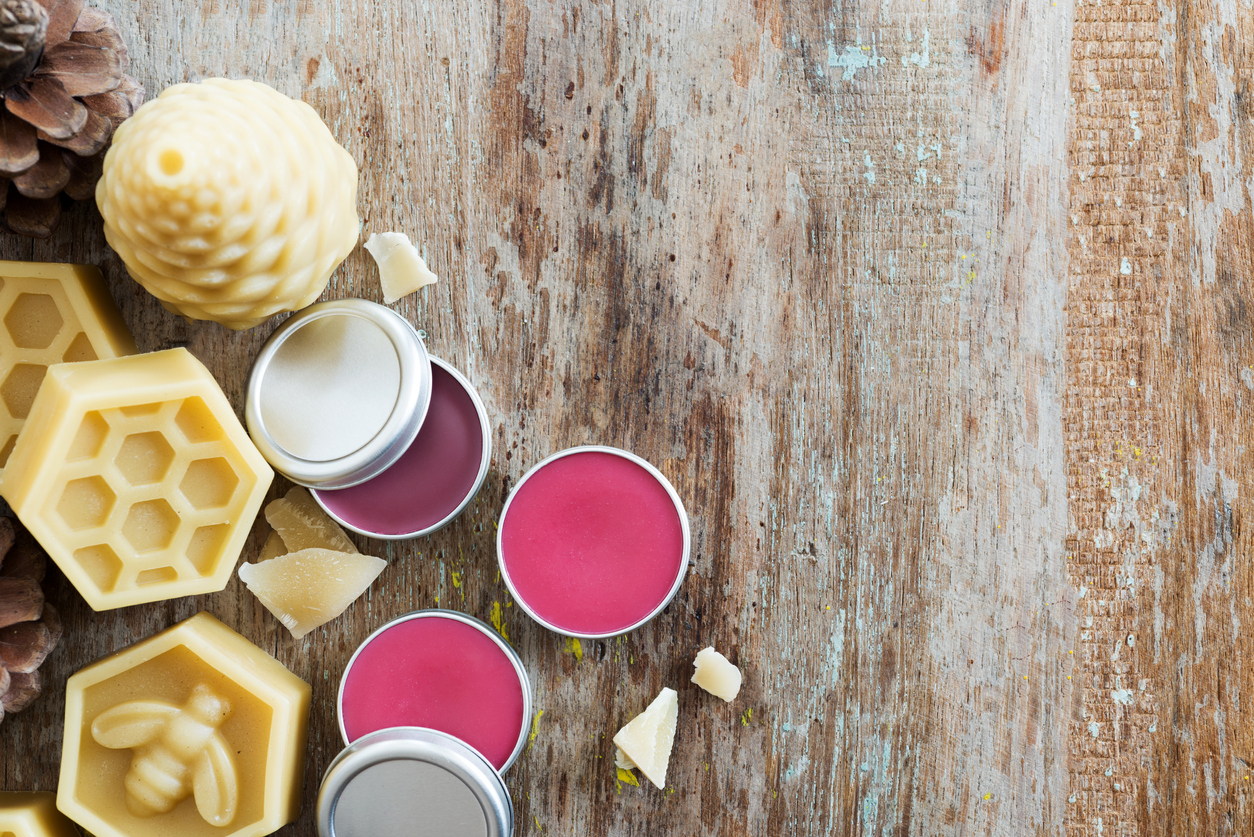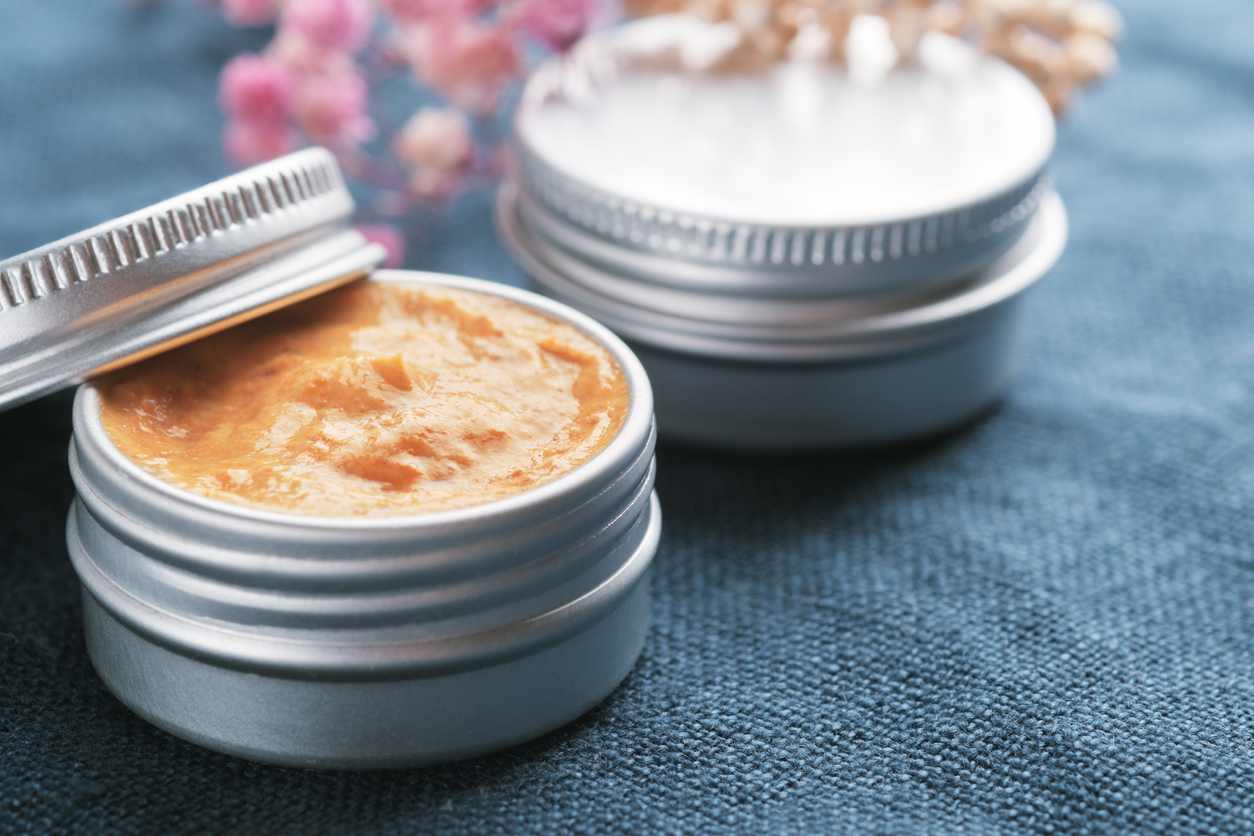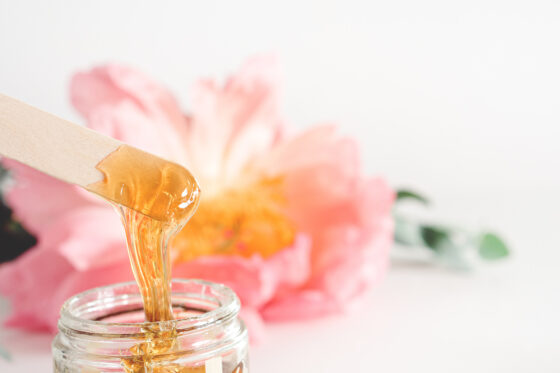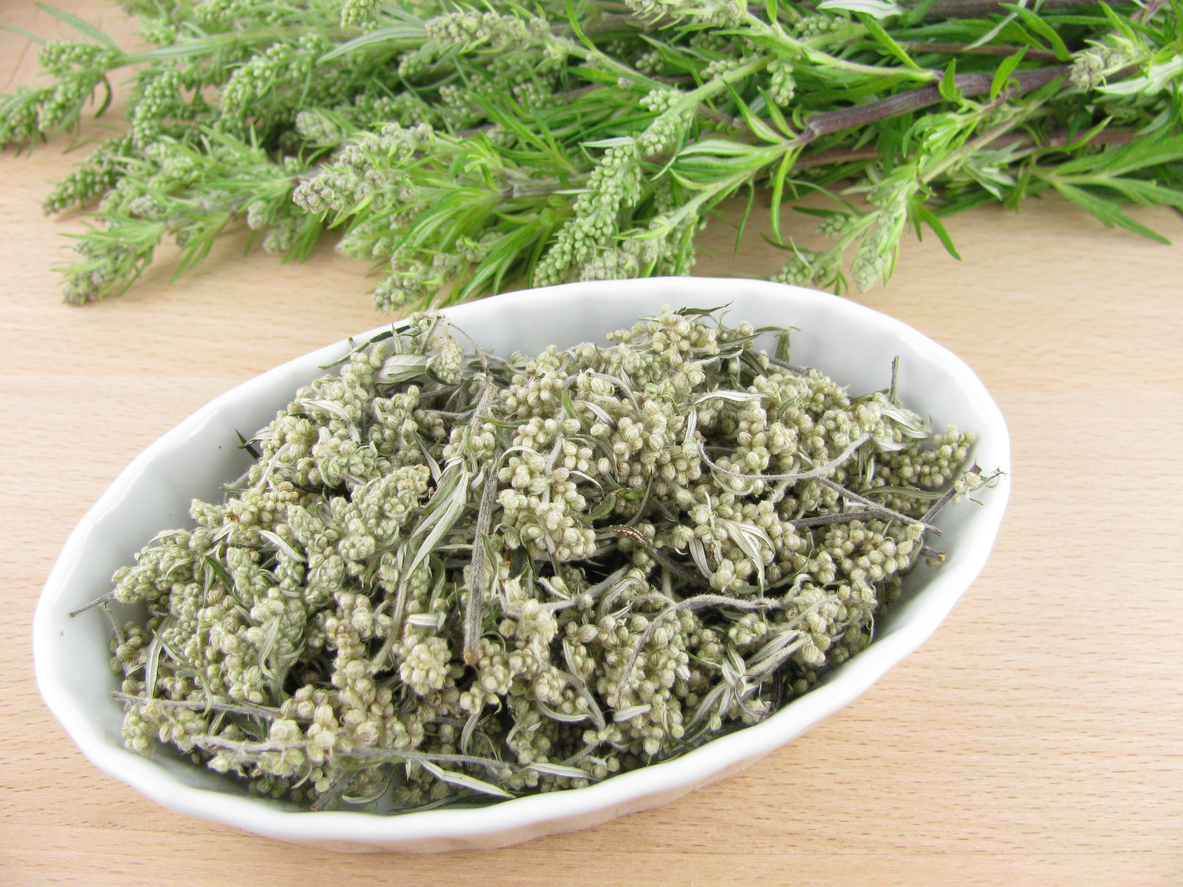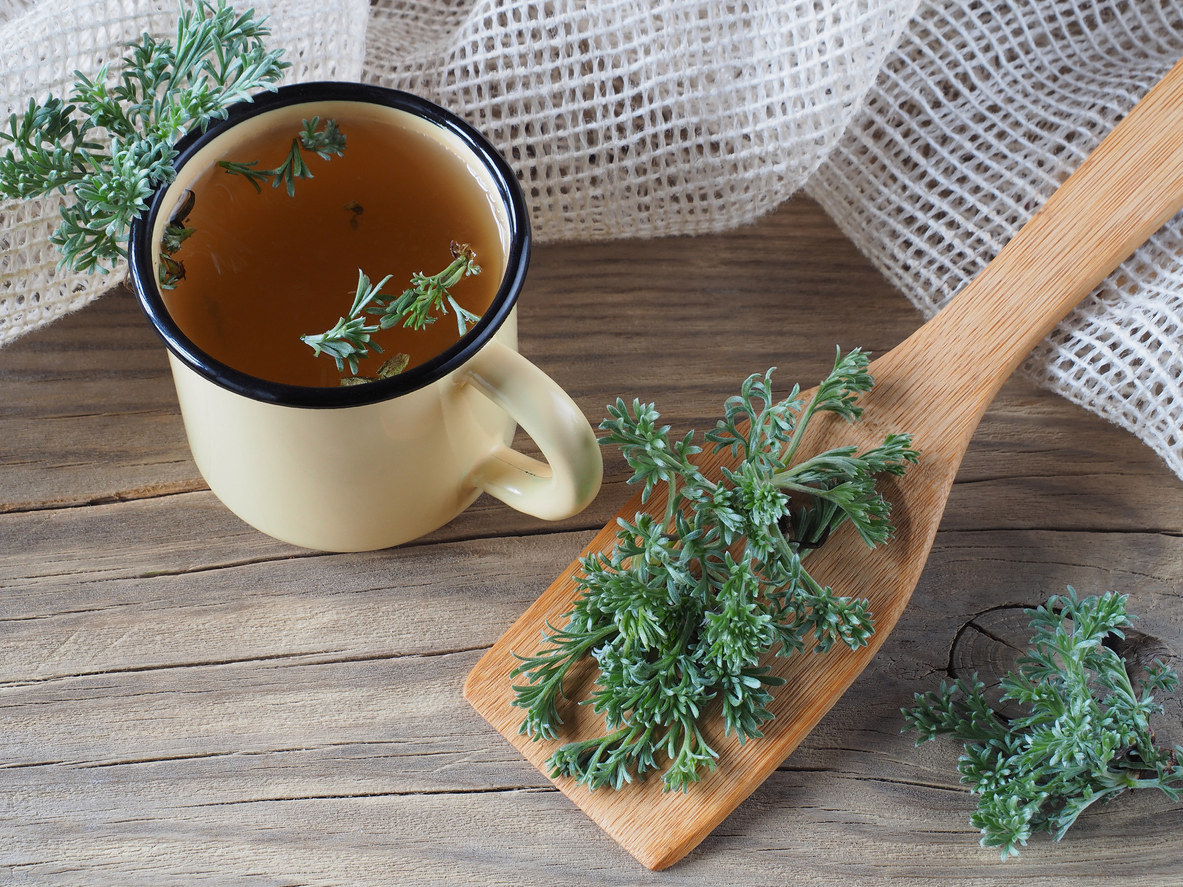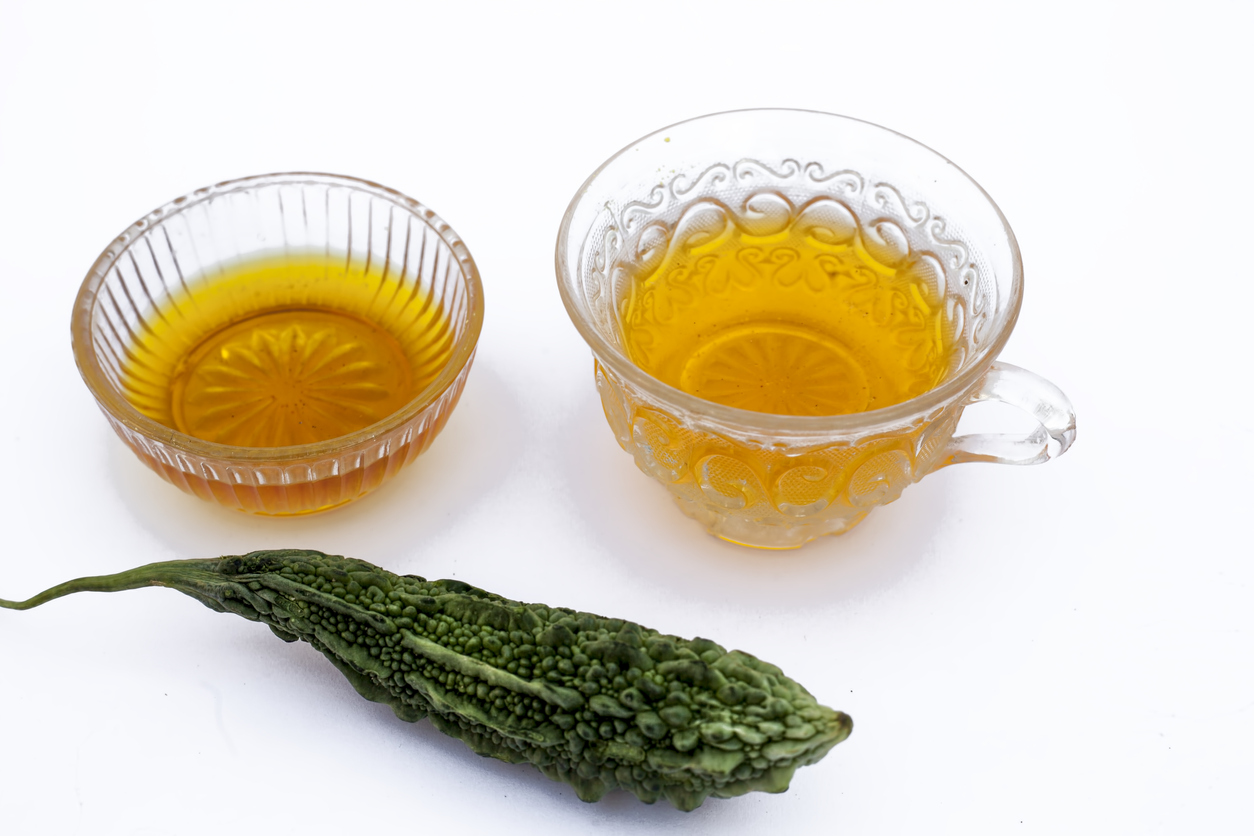Few things in the world feel as relaxing as curling up with your favorite book and a hot cup of tea after a long day. Speaking of tea, enthusiasts now have an incredible number of herbal tea options to pick from, such as mugwort tea, Arnica tea, tea brewed using leaves from the butterfly pea flower plant, and more.
For those not in the know, mugwort tea has earned a good reputation among tea connoisseurs for its energy-boosting properties. Picture this: you’re at work and are experiencing the dreaded afternoon slump but can’t have coffee because it disrupts your sleep.
But that doesn’t mean you don’t have other options. Make yourself a cup of mugwort tea, and you’ll be ready in no time. Plus, experts have identified a broad range of benefits linked to mugwort tea. A win-win situation for sure.
Mugwort Plant
The mugwort plant is known to grow in certain parts of the world, such as Asia, North Africa, and Europe. Also referred to as artemisia Vulgaris, the plant has established as a natural alternative to traditional medicines for several health concerns.
Safe to say, the mugwort plant is impressive-looking. It has several hues, including a curious combination of gray, green, and purple shades.
But wait. There’s more. In bloom season, you can expect to spot several colors, such as:
- Pink
- Orange
- Yellow
- Red
Interestingly, the mugwort plant is highly resilient and can withstand unpredictable conditions. For best results, you should ensure that the plant receives sufficient sunlight.
Zohna Tip
Ensure that you don't water your mugwort plant more than necessary to avoid harmful effects such as root rot, a disease that can end up killing the plant.
Uses for Mugwort
If you’ve been scratching your head and asking yourself questions like, “what is mugwort used for?” we’re here to help you with answers. While mugwort has medicinal properties, it has also found a place for itself in spirituality.
Confused? Here’s a quick breakdown to help you deconstruct the several uses for mugwort.
Mugwort Spiritual Uses
A herb like mugwort is revered for its perceived ability to help you fight sleep issues like insomnia and help you get closer to experiencing lucid dreams.
Those who believe in its powers claim that if you sleep with a bit of mugwort tucked inside your pillowcase, you’ll likely experience lucid dreams that are far more vivid than anything you’ve ever experienced.
Other rumored spiritual uses linked to mugwort include:
- Getting rid of an unwanted spirit or an unnatural presence
- Improving psychic abilities
- Inducing out-of-body experiences
Interestingly, the mugwort plant has also been known to show up in the world of witchcraft.
Mugwort Incense Benefits
For some people, mugwort works well as incense, and they primarily use it to feel calmer and at peace. For others, mugwort incense is a cleansing tool they use while meditating.
Mugwort incense may help you:
- Stay calm, especially if you’re going through something stressful
- Feel less anxious and more optimistic
- Sleep better, especially if you’ve been struggling to get good-quality sleep
- Focus better on tasks
Just remember while mugwort incense may be beneficial to some, it’s best to avoid using it around children.
Mugwort Herbs
Mugwort herbs may be used to make a soothing cup of mugwort tea or to manufacture products like topical lotions to help relieve irritation and itchiness caused by scars.
It’s important to note that experts have not conducted extensive research on mugwort. You should consult a doctor in case you experience any discomfort.
Meanwhile, mugwort has been used to treat several conditions like:
- Irregular periods
- Digestive issues
- High blood pressure
Again, it’s best to consult a qualified medical professional if you’re feeling unwell instead of trying a natural remedy without your doctor’s approval.
Mugwort Benefits
Anecdotal evidence has shown that mugwort may offer several health benefits, such as relieving joint aches, reducing stress and anxiety, getting rid of constipation, and more.
If you decide to use mugwort for some of its health benefits, monitor your symptoms and ensure that you reach out to a doctor in case of discomfort (or if your symptoms worsen.)
Mugwort Health Benefits
There may be some health benefits associated with mugwort, such as a reduction in anxiety, relief from better sleep, improved energy levels, and more. However, there aren’t many scientific studies to support those claims, and we need more research to understand how mugwort can improve health.
Be cautious while using mugwort for illnesses, and never hesitate to talk to your doctor if you’re unsure.
Some individuals prefer to use mugwort to seek relief from:
- Headaches
- Itchy, irritated skin
- Digestive issues
- Insomnia
In fact, some even claim that mugwort has improved their blood circulation, while others have used the herb to manage conditions like epilepsy. However, it’s best to ask your doctor before trying home remedies.
Mugwort Benefits for Skin
Mugwort has made waves for its purported skin benefits, especially in Korea. These days, mugwort is a common ingredient in Korean skincare and has been praised as a soothing balm for dry skin.
Mugwort may help:
- Reduce fine lines and wrinkles
- Ease dryness
- Reduce skin irritation and inflammation
- Provide relief from eczema and psoriasis
Remember that everyone’s skin is different, and your mileage may vary. If you’re curious about mugwort, the best thing to do is to try a commercial product that lists mugwort as one of its ingredients.
Zohna Tip
Always perform a patch test on your arm before applying a new product to your face.
Need to refer to this later? Here’s a quick roundup of the benefits associated with mugwort for better skin. Don’t forget to take a printout or a screenshot for easy access.
| Mugwort Benefits for Skin | Description |
| May offer relief from dry, itchy skin | Mugwort is loved by many for being a soothing ingredient that helps relieve their persistently dry skin. |
| Could help fight conditions like eczema and psoriasis | Mugwort may help tackle skin conditions like psoriasis and eczema, by reducing inflammation. |
| May help the skin look younger | Mugwort is high in Vitamin E. This, in turn, can help reduce the appearance of fine lines and wrinkles. |
Mugwort may help enhance the quality of your skin. However, remember to check reviews before purchasing a new product that lists mugwort as a primary ingredient.
Mugwort Tea
Herbal tea options like Cerasee tea have become popular for being soothing and calming, especially on packed days when there’s little room to breathe. It helps that many tea options provide a range of benefits.
For instance, if you were to look up spearmint tea benefits, you’d realize that the tea is:
- Rich in antioxidants
- Great for your digestive system
Meanwhile, Earl Grey tea can wake you up on a lazy morning and leave you feeling energized. Mugwort tea is another popular option that has won many hearts for being a calming alternative to conventional beverages. It is prepared using dried mugwort flowers and is easy to make at home.
What is Mugwort Tea?
Mugwort tea comes from the dried leaves of the mugwort plant. Interestingly, mugwort tea is now available in several parts of the world and is praised as an energy booster and potentially less anxiety-inducing than other options like caffeine.
Mugwort tea is usually made by boiling water with the tea leaves for a few minutes before straining the liquid.
Mugwort Tea Benefits
Are there any benefits to adding a cup or two of mugwort tea to your daily routine? Turns out, you may get to enjoy some perks after all. If you’re someone who can’t tolerate caffeine, you may benefit from drinking mugwort tea instead.
Mugwort tea is known for being calming and an energy booster at the same time. Interesting, huh?
| Mugwort Tea Benefits | Description |
| May make you feel more energetic | Mugwort tea may help you feel less stressed at work while giving you the energy boost you need to achieve your goals |
| Mugwort tea may help tackle irregular periods | Anecdotal evidence indicates that mugwort tea can help fix irregular periods while offering relief from painful menstrual cramps |
| May give you a chance to experience lucid dreaming | You might feel more relaxed after drinking mugwort tea before bed and may even get lucid dreams |
Other potential benefits of drinking mugwort tea include better digestion, improved blood circulation, relief from joint aches, and more.
Mugwort Tea Side Effects
While mugwort tea is perceived to be safe for most people, kids or pregnant women should not consume it.
You could also be allergic to mugwort and may experience an adverse reaction like a swollen face or excessive coughing. In case of any allergic reactions, consult a medical professional as soon as possible.
Mugwort Tea Pregnancy
Mugwort tea is unsafe to drink if you’re pregnant. This is because of the possibility that mugwort tea may cause unwanted complications in pregnant women like causing the uterus to contract and can stimulate menstrual bleeding.
It’s crucial to avoid consuming mugwort tea if you’re expecting. It’s also a good idea to stay away from mugwort tea while you’re breastfeeding since its effects are not known on babies and moms alike.
Mugwort Tea Allergies
You may experience an allergic reaction after drinking mugwort tea. This is highly likely if you’re allergic to carrots, celery, birch, or the ragweed plant.
It’s best not to try to deal with this on your own. Head to the emergency room as soon as you can and seek medical assistance.
Mugwort Tea Dosage
Mugwort tea is best consumed in moderation. Stick to a couple of glasses of mugwort tea a day. While you’re unlikely to overdose, this ingredient is unsafe if consumed in large doses.
If that happens, you may experience unpleasant side effects, such as:
- Nausea
- Vomiting
- Diarrhea
Stick to conventional wisdom and seek medical assistance if you feel unwell or suspect something is amiss.
Mugwort Tea Recipe
It’s fairly easy to make mugwort tea. You don’t need a detailed or complex mugwort tea recipe to get this right.
All you need is a handful of ingredients such as:
- Hot water
- Sweetener (like honey)
- Mugwort tea leaves or tea bags
If you need more inspiration or advice, check out online recipes such as this one. Feel free to add an ingredient like mint or lavender to make your cup of mugwort tea tastier.
To turn this recipe into a mugwort latte, add non-dairy milk to the recipe.
How Long to Steep Mugwort Tea?
Dried mugwort leaves don’t need to be steeped for more than five minutes. The maximum time limit is 15 minutes.
FYI, mugwort tea can be combined with other herbal tea options like chamomile for a calming beverage. This is completely up to you, though. If you opt for fresh mugwort leaves, don’t use more than one tablespoon at a time.
What Does Mugwort Tea Taste Like?
Most people who’ve tried mugwort tea would tell you it’s a bitter beverage. This is especially true if you use fresh mugwort leaves.
It’s probably not everyone’s cup of tea, haha. That said, you can add a sweetener to make the beverage taste nicer. Also, it’s completely okay not to like it. It’s all good – you have plenty of other herbal tea options to choose from.
How to Make Mugwort Tea
Making mugwort tea isn’t rocket science, we promise. If you want to try the easiest method, buy mugwort tea bags. Add a tea bag to hot water and steep for five minutes. Yep, that’s all it takes to treat yourself to a hot cup of mugwort tea.
Alternatively, you can try the method listed below:
- Get yourself dried mugwort leaves. One tablespoon of this stuff should be more than enough.
- Cut the leaves into tiny pieces.
- Boil water in a pot. This shouldn’t take more than a few minutes. If you’re in a hurry, use a kettle instead.
- Add the boiled water to the mugwort tea leaves and wait for 15 minutes.
- Take out your tea strainer and use it to drain the tea.
- Add a sweetener of your choice.
If you prefer iced tea, simply prepare your tea as usual and pop the concoction into the freeze for a few hours (or overnight) for a refreshing, cold beverage.
FAQ
Where to Buy Mugwort Tea From?
Mugwort tea can easily be found online on sites such as Amazon and Etsy. It’s also available in Walmart stores. Don’t forget to check out the reviews before ordering a box for yourself.
You may also get lucky and find mugwort tea in herbal stores. It’s best to check online or call before heading out, though. Mugwort tea is not as easy to find as other, more popular options like chamomile tea.
Is Mugwort Tea Safe?
While mugwort sea is usually considered to be safe for consumption, you may experience an adverse reaction if you are allergic to any of the following:
- Birch
- Carrots
- Celery
- Ragweed
If you experience any kind of uneasiness after drinking mugwort tea, consult a doctor as soon as you can.
How to Make Mugwort Tea Taste Good?
Mugwort tea can be a bit too bitter for some people. If that is the case, try to add honey (or sugar) to make the drink sweeter and easier to drink. You can also try adding peppermint or lavender for a more palatable beverage.
How Much Mugwort Tea to Start Period?
This is a tricky question. Your body may react differently to mugwort tea, and it’s tough to generalize while trying to come up with an answer to this question. That said, two cups of mugwort tea every day shouldn’t hurt.
If you’re extremely concerned about your periods, approach a gynecologist who can help you develop more permanent solutions.
Does Mugwort Tea have Abortive Properties?
While it’s true that pregnant individuals have attempted to induce abortions with the help of mugwort, doctors strongly advise against trying this option. It’s unsafe and dangerous.
In fact, if you consume a high dosage of mugwort, you may end up going into liver failure. Avoid at all costs.
Is Mugwort Tea Worth It?
This is a subjective question. You may enjoy mugwort tea and potentially experience some of the purported health benefits associated with mugwort. Maybe you’ll realize that mugwort is far too bitter for your tastebuds and resort to using skincare products with mugwort instead.
Or, perhaps you’ll end up lucid dreaming after a freshly brewed cup of mugwort tea. Maybe you’ll feel calmer and more relaxed on your most stressful days. However, always remember that it’s best to consume mugwort tea in moderation. Don’t overdo it.
























































